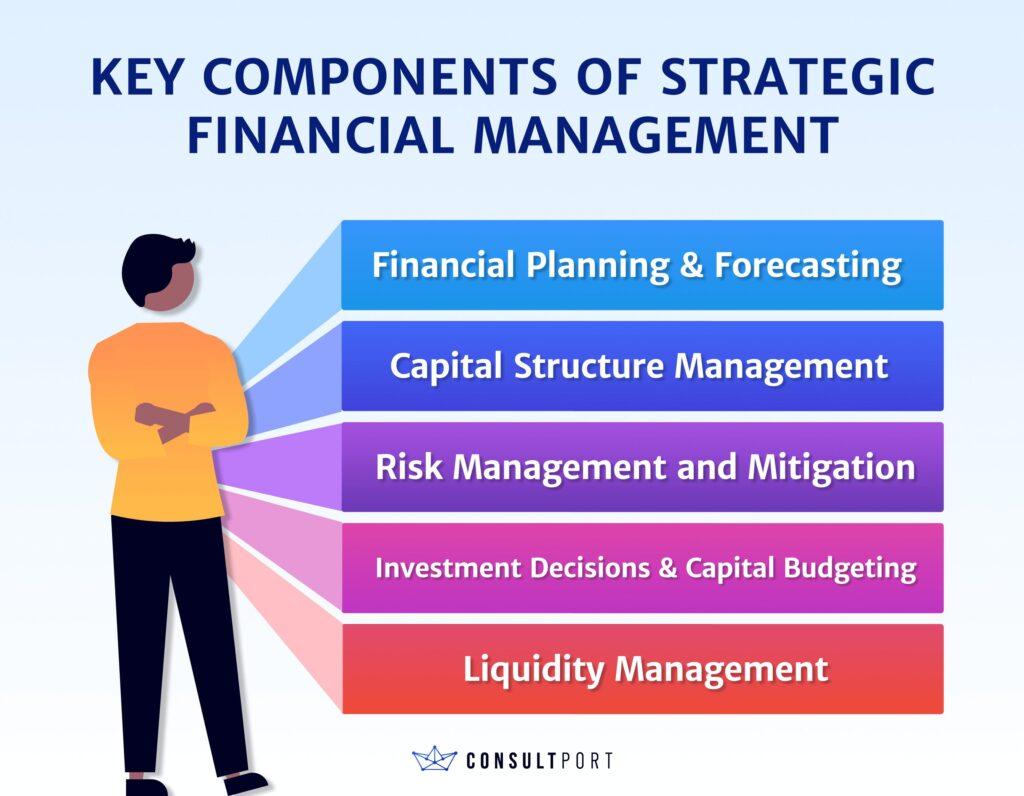In an increasingly competitive global landscape, the importance of investing in a child’s education has never been more paramount. As parents and guardians, the decisions we make today can significantly shape the trajectory of our children’s futures. This article delves into the multifaceted benefits of prioritizing quality education, examining how it not only equips young minds with essential skills and knowledge but also fosters critical thinking, creativity, and resilience. By exploring the tangible and intangible returns on this vital investment, we aim to provide a comprehensive analysis of why committing resources to education is one of the most prudent decisions a parent can make. Join us as we unpack the evidence supporting the transformative power of education and offer insights into making informed choices that will empower the next generation to thrive in an ever-evolving world.
The Importance of Early Educational Investments
Investing in a child’s early education is akin to laying a strong foundation for a skyscraper. It is during these formative years that children develop critical cognitive, social, and emotional skills. Research consistently shows that children who receive quality education in their early years are more likely to excel academically, socially, and professionally in the future. This underscores the importance of directing resources towards early educational programs that emphasize holistic development.
- Cognitive Development: Early education stimulates brain development, fostering skills such as problem-solving, language acquisition, and critical thinking.
- Social Skills: Interacting with peers in a structured environment helps children learn cooperation, empathy, and effective communication.
- Emotional Growth: Quality programs teach children how to manage emotions and build resilience, preparing them for life’s challenges.
Moreover, the benefits of early educational investments extend beyond individual success. Societies that prioritize early childhood education experience lower crime rates, reduced need for social services, and a more skilled workforce, ultimately leading to economic growth and stability. By recognizing the profound impact of early educational investments, parents, educators, and policymakers can work together to ensure every child has the opportunity to reach their full potential.
Maximizing Educational Opportunities for Long-Term Success
In today’s rapidly evolving world, equipping your child with a robust educational foundation is paramount for ensuring their long-term success. By investing in quality education, you provide them with the tools and opportunities necessary to thrive in an increasingly competitive landscape. Quality education goes beyond academic excellence; it encompasses the development of critical thinking skills, creativity, and emotional intelligence. These are the skills that prepare children to navigate the complexities of life and to adapt to the ever-changing demands of the global workforce.
- Holistic Development: Quality education nurtures the overall growth of a child, fostering both intellectual and personal development.
- Global Competence: Exposure to diverse cultures and perspectives within an educational setting enhances a child’s ability to collaborate and innovate in a globalized world.
- Life Skills: Practical life skills such as problem-solving, communication, and teamwork are integral components of a comprehensive educational experience.
Ensuring access to quality education also involves engaging with educators and institutions that prioritize personalized learning experiences. This approach not only caters to the unique strengths and interests of each child but also encourages a lifelong passion for learning. By choosing educational environments that emphasize these aspects, parents can confidently invest in their child’s future, laying a strong foundation for success in all facets of life.

Evaluating School Options for Optimal Learning Outcomes
When choosing an educational institution for your child, it’s crucial to assess various factors that contribute to optimal learning outcomes. Begin by evaluating the school’s curriculum to ensure it is both comprehensive and adaptable to the evolving educational landscape. A well-rounded curriculum should offer a balance between core academic subjects and extracurricular activities, fostering holistic development. Additionally, consider the school’s teaching methodologies; institutions that embrace innovative, student-centered approaches tend to nurture critical thinking and problem-solving skills more effectively.
Beyond academics, the school’s environment plays a pivotal role in your child’s growth. Look for schools that prioritize a safe, inclusive, and stimulating atmosphere. Key indicators of such an environment include:
- Low student-to-teacher ratios, allowing for personalized attention
- Access to modern technology and resources that enhance learning experiences
- A strong support system, including counseling and mentorship programs
- Opportunities for parental involvement in school activities and decision-making processes
By thoroughly analyzing these elements, you can make an informed decision that aligns with your child’s unique needs and aspirations, setting a solid foundation for their future success.

Strategic Financial Planning for Educational Excellence
When it comes to securing a robust educational foundation for your child, strategic financial planning is a cornerstone. By investing thoughtfully, parents can ensure access to the best resources, facilities, and learning environments. This means not just considering tuition fees but also factoring in the costs of extracurricular activities, technology needs, and even potential study abroad opportunities. Allocating funds efficiently can open doors to institutions that foster intellectual growth and personal development, ensuring that your child is equipped with the skills and knowledge to thrive in a competitive world.
Consider the following elements when planning financially for your child’s education:
- Start Early: The earlier you begin, the more time your investments have to grow, leveraging the power of compounding interest.
- Diversify Investments: Spread your investments across various financial instruments to mitigate risks and enhance potential returns.
- Regularly Review and Adjust: As your child progresses through different educational stages, revisit and adjust your financial plan to align with changing needs and goals.
- Utilize Tax-Advantaged Accounts: Consider options like 529 plans or education savings accounts that offer tax benefits.
By adopting a proactive and informed approach, you can transform the challenge of financing education into a strategic opportunity for your child’s future success.



